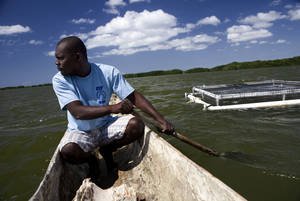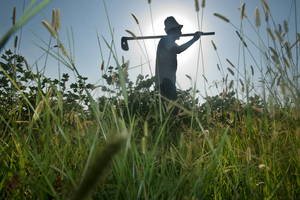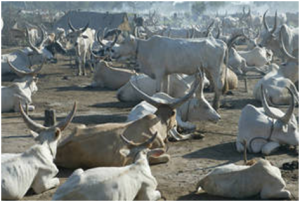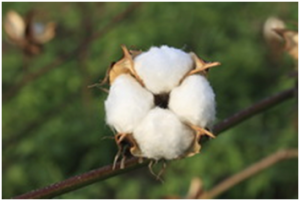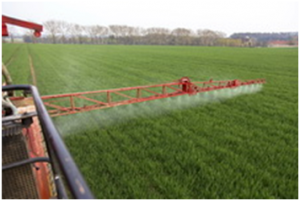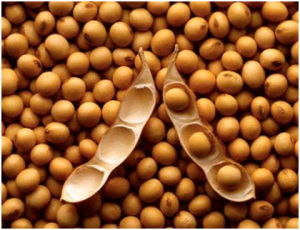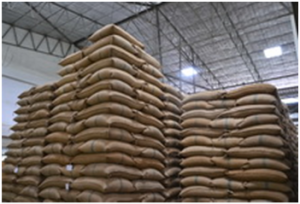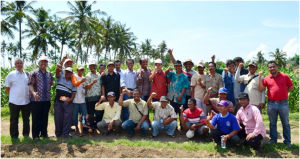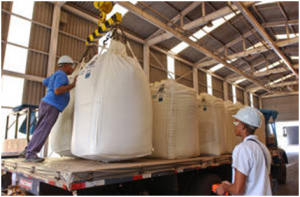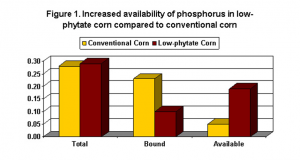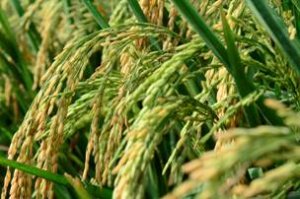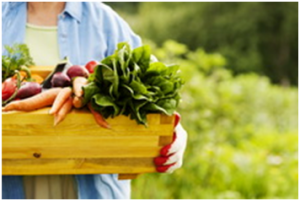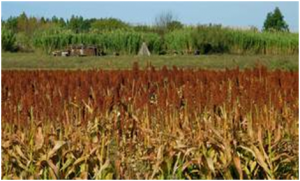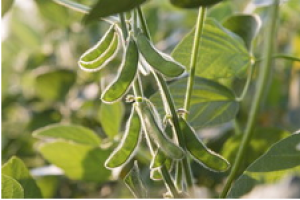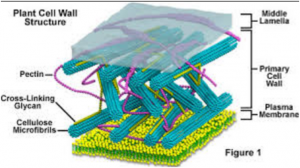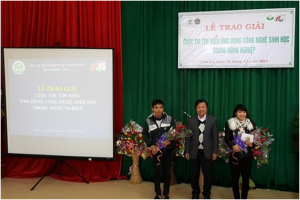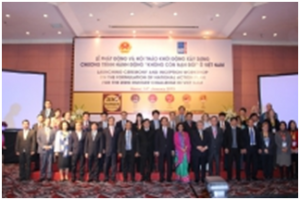|
Global Soil Partnership endorses guidelines on sustainable soil management
Wednesday, 2016/06/01 | 07:04:04
|
|
New study of topsoil loss in Malawi is example of tapping knowledge to enable change
Figure: Grace Chikumbutso and her children clear brush from their vegetable garden in Malawi.
FAO 27 May 2016, ROME-The Global Soil Partnership (GSP) endorsed a set of voluntary guidelines for sustainable soil management at its plenary conference at FAO this week, marking a step towards coordinated action to assure that the earth under our feet - a keystone of global food security - remains fertile.
The GSP has been set up as a coalition tasked with promoting efforts to improve the parlous state of the world's soils, a third of which are defined as degraded.
For prescriptions for improving soil health to succeed, much diagnostic work must be done, according to the GSP.
For example, in Malawi, an extensive new FAO-government survey of cropland detected topsoil losses on the order of 29 tonnes a year, leading to a 10 percent decline in farm output.
But despite troubling "hot spots" of increasing erosion there also "bright spots" where soil depletion is not only much lower than elsewhere in the country - less than 10 tonnes a year in the Rift Valley, for example - but has steadily declined as a result of active soil management, the study found.
"The bright spots where topsoil erosion is both low and declining show that sustainable soil management interventions such as mulching, minimal tillage, cover plants, contour ridges, and pitting do in fact work," said Ronald Vargas, a soils and land management officer at FAO. "This kind of mapping exercise can help monitor which measures work best."
See more: http://www.fao.org/news/story/en/item/416121/icode/ |
|
|
|
[ Other News ]___________________________________________________
|


 Curently online :
Curently online :
 Total visitors :
Total visitors :
(26).png)
